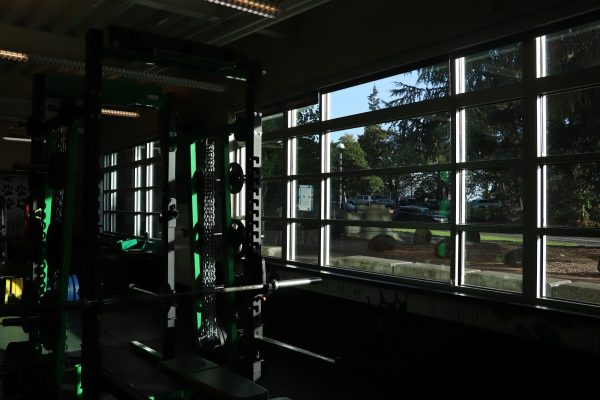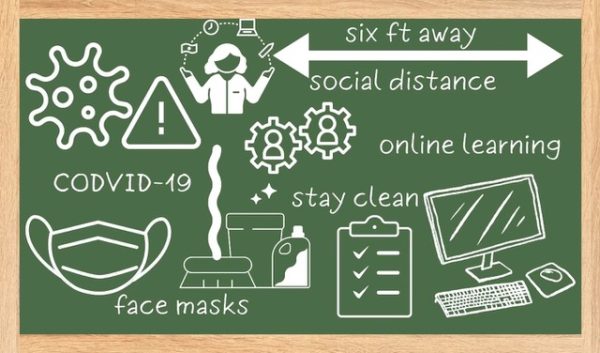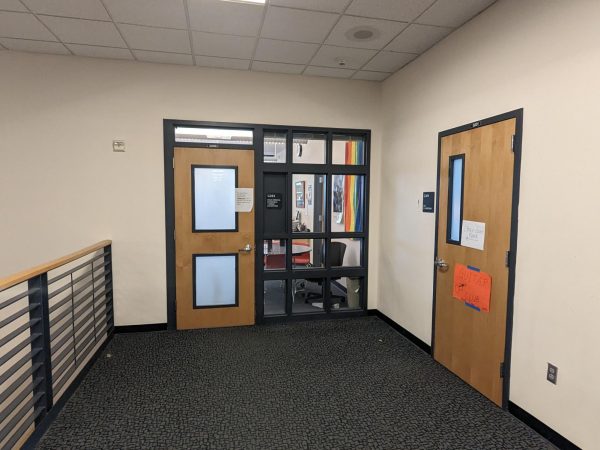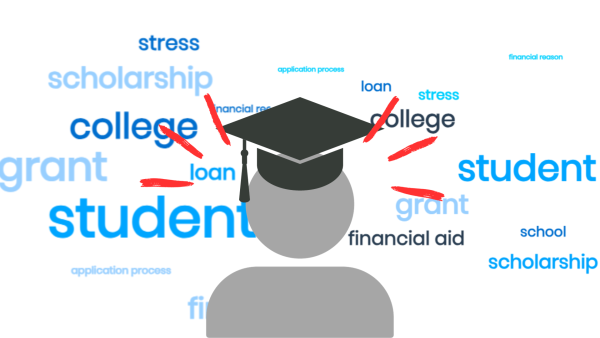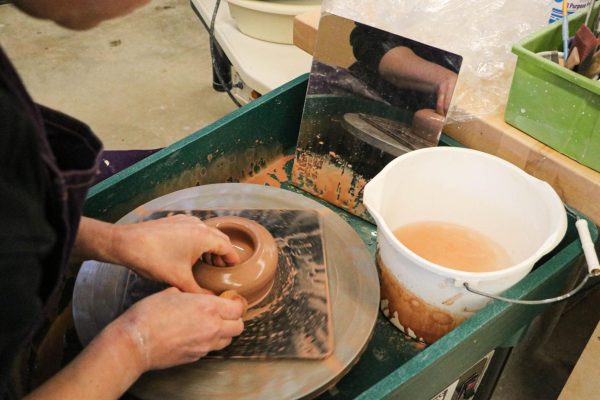Pressures, refreshers, and everything in between
Five things to do for your mental status this finals season
Now that finals are finally here, it’s time to get in the right mindset about them.
For many, the start of a new year means new beginnings, resolutions, and fresh starts. For students, it means all of those things, but it also means finals. That might be a scary sentence, but it’s real and it’s here. No matter how much students may study, finals are dreadful, so its important to do the best to find healthy and effective ways to study while also maintaining stable mental health.
High schools acknowledge that this is an insanely hard time for students and knows how draining studying can be. Mental health is extremely important all the time, but it’s especially important to notice it right now and take note of the many resources students have available.
Finals are stressful, pressure-filled, difficult, draining, overwhelming, and every other word someone can use to describe them.
According to a survey by The Butler Collegian, many students at Butler experience much more stress during this specific week of school.
“[31%] of students surveyed said that finals were the biggest source of their stress,” The Butler Collegian said. “In a different survey conducted by the American College Health Association in 2016, more than [34%] of students said that stress had negatively impacted their academic performance.”
Now that finals are finally here, it’s time to get in the right mindset about them. They’re inevitable. While students should be studying for these exams, they also have to remember how important it is that they take care of themselves, too. It can be really easy to get into bad habits that come from the need and strive to get good scores.
While students work, sweat, and bleed to get their desirable grades, it can be hard to maintain a healthy mental and physical status. Here are five things for students to keep in mind when they’re working their butt off that will make all the difference.
1. Staying on top of everyday self care
When students get caught up in something like school, sports, family/friend drama, and more, they tend to lose focus of themselves which can be hard to balance. Things like getting enough sleep, eating healthy, and simply monitoring their energy levels seem easy, when in reality, it’s a lot easier to let those “basic” routines slip out of view.
For both mental and physical health, students need to make sure that they’re eating both enough, and healthily. When people don’t eat or sleep enough, their energy decreases immensely and may gain cumulative fatigue. Cumulative fatigue may cause dizziness, muscle weakness, mood swings of irritability, and the inability to focus on things, such as school.
2. Creating a mean and pristine routine
With multiple final exams and tests, plus extracurricular activities like sports or clubs, students’ schedules can fill up quickly.
Finding a well balanced schedule that can fit all of a student’s individual needs can be super helpful. Not even just “making” a schedule but writing it somewhere to memorize it, being able to see it whenever it’s needed, and holding themself accountable to be able to check the box next to each order of business.
Using an online calendar/app calendar or a planner are two great resources to use for all scheduling needs. Apple’s calendar and Google’s calendar are two great choices for an easy, accessible calendar app. Google Tasks also can help easily manage many different assignments, due dates, and deadlines.
Another thing to keep in mind when making a schedule, is to make it achievable and do-able! The last thing anyone wants is to make a whole schedule and not be able to stick to it. Someone should give themself days off and not be studying every hour they’re awake. Speaking of…
3. Take a break or break down
Take. A. Break. This one sounds like it’d be super obvious but when someone’s on a roll and they’re really into their work, it can be easy to forget. Now, if they’re seriously on a roll and they’re getting stuff done, they shouldn’t stop! Every now and then it’s so important to fuel up and give the brain a break.
Some good things to do to take a break while also building ones energy can be:
- Taking a shower
- Taking a 10-20 minute power nap
- Going for a walk
- Tidying the workspace
- A small workout (jumping jacks, a run, jump rope, etc.)
- Meditating
- Fixing up a snack/meal
These exercises keep the brain and body active and fueled. These can also help ease someone back into their work and make it so they can sit down and pick up where they left off free of procrastination.
According to Time, a 17 minute break after almost an hour of work is just about the perfect amount of time to take some time away from the books.
“The most productive workers engage in job-related tasks for 52 minutes, then take a 17 minute break,” Martha White said in an article for Time. “It’s long enough for your brain to disengage and leave you feeling refreshed, but not so long that you lose focus and derail momentum on what you were doing.”
And to those who might be taking too long of breaks, we’ve all been there. But the longer the break, the more someone will procrastinate. The more they procrastinate, the less they get done… it just keeps going. Try the 52 to 17 ratio and adjust it as needed.
4. An unsullied space = a finals ace
This one can either be really tricky or really easy depending on the kind of person one is. Being organized is definitely something someone is born with and not something that is easily achievable.
In this case, a planner on someone at all times at school and on the desk at all work times is step one. Keep track of assignments in one place and checking that box next to each one at a tidied desk will make life all the better.
Keeping the phone at an unreachable distance is step two. This is arguably the hardest step in the entire studying process. A single notification can distract someone for… God knows how long. Turning on Do Not Disturb and putting it across the room, in a drawer, or even in another room will make such a huge difference.
Next, keeping materials separated by class, due date, or most important, would be great ways to keep it organized. The last thing anyone needs is for their pre-calc to get mixed in with their APUSH essay and not be able to find their book report, either.
Keep unnecessary things like dishes, highlighters, cords, etc. off of the main surface. All it is is clutter.
5. Finally…
School is hard. Finals suck. Everyone knows it. But if students try their best and take advantage of their resources available, the process should hopefully be smoother. Find study groups, ask questions, and bring the best attitude into the classroom. Finals will be over soon and even more so with these methods.
Student Resources
There are five counselors in the main office that help with academics, plans for high school and college, and character growth.
Counselors:
Tami Brester (she/her)
Counselor for last names A-Da
Sara Belisle (she/her)
Counselor (Db-Hm)
Marlo Matin (she/her)
Counselor for last names Hn-Me
Greg Bean (he/him)
Counselor for last names Mf-Se
Connor Gustafson (she/her)
Counselor for last names Sf-Z
There is also a social worker who is available to help you through more personal challenges you may be facing in your life.
Cheryl Wilson (she/her)
School Social Worker
Your donation will support the student journalists of West Linn High School. Your contribution will allow us to continue to produce quality content by purchasing equipment, software, and continuing to host our website on School Newspapers Online (SNO).

Paetyn Rector, sophomore, is a first year staff reporter for wlhsNOW. Outside of writing for wlhsNOW, Paetyn is passionate about tennis, volleyball, creative...

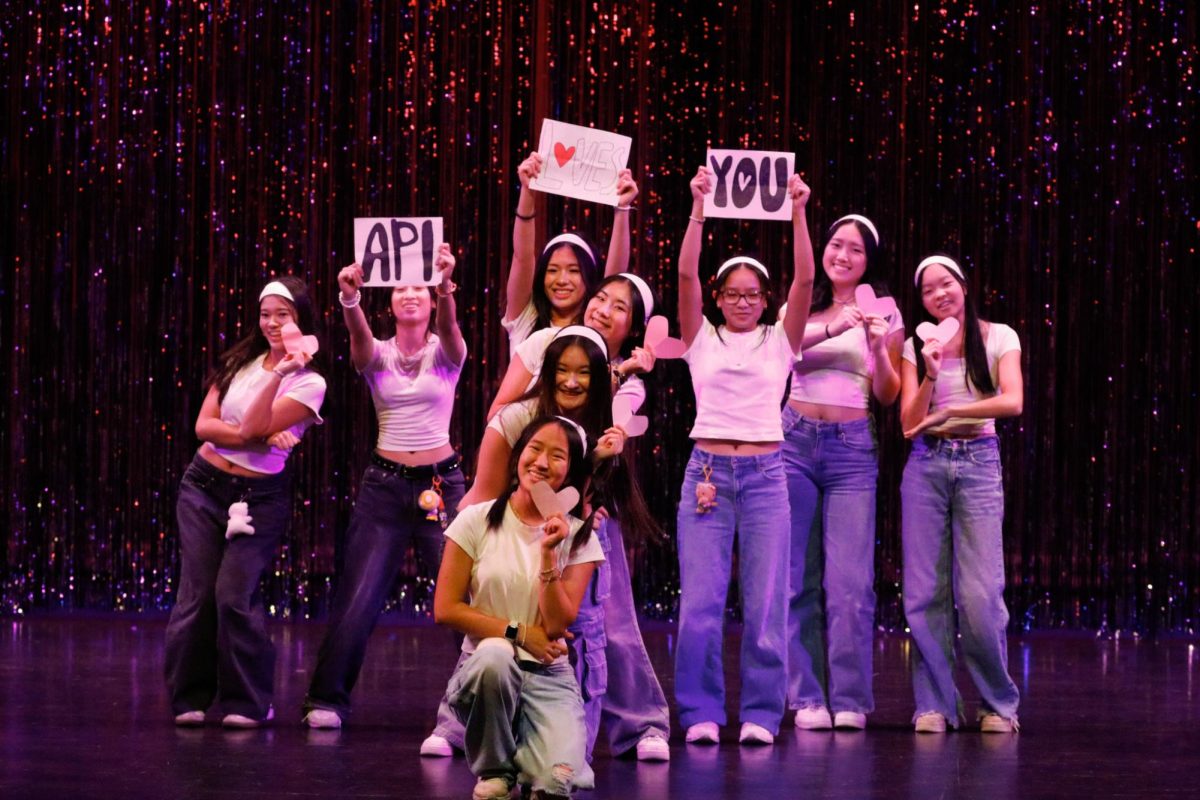
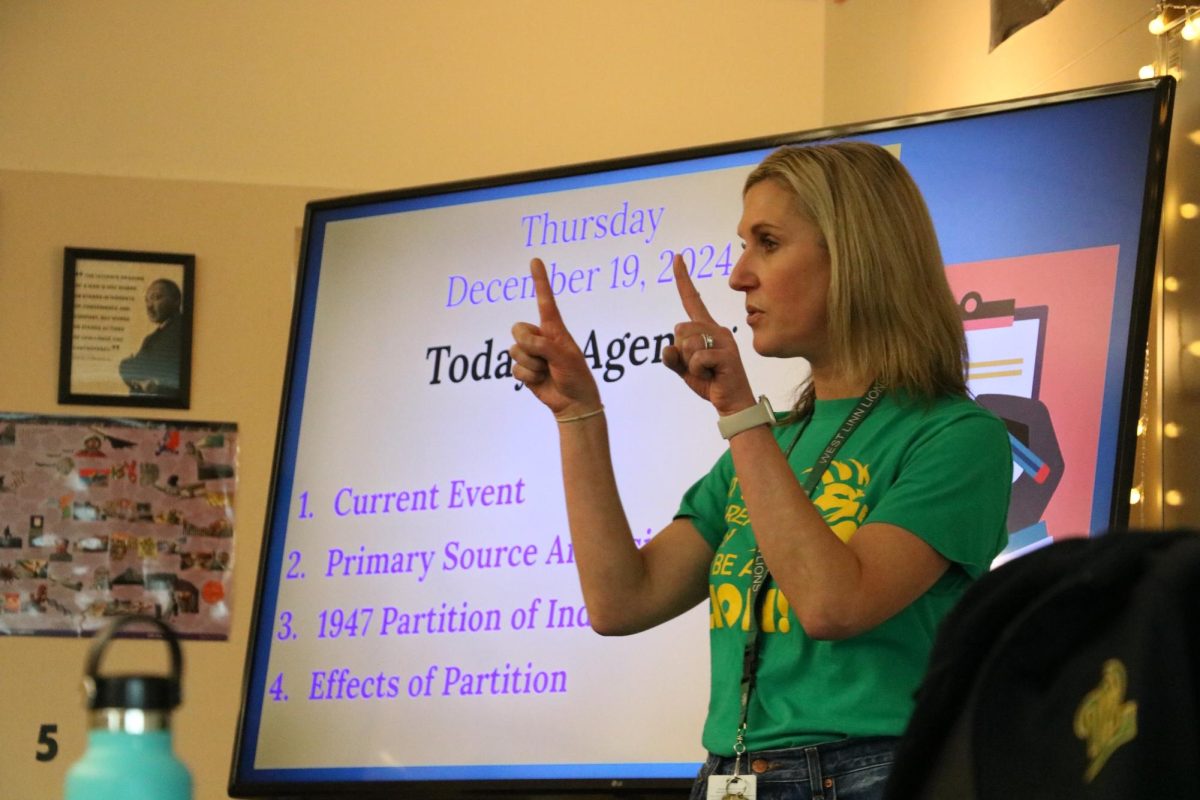

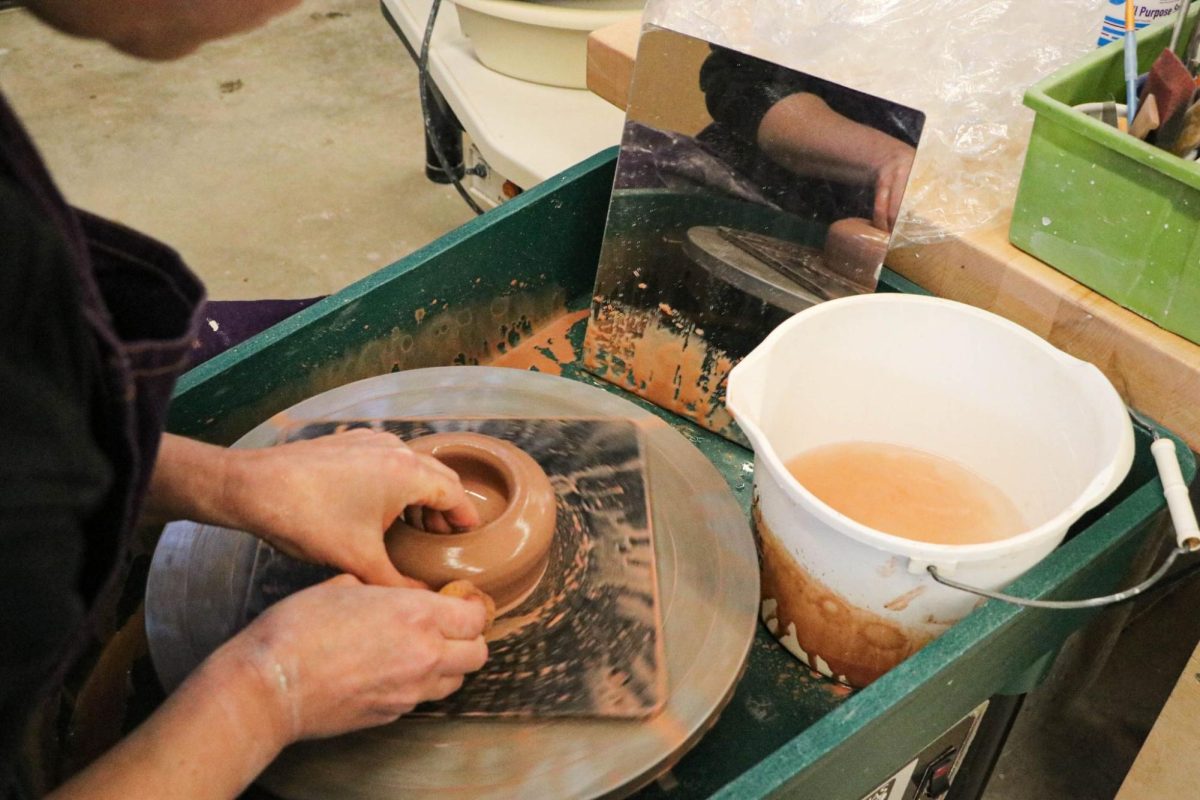
















































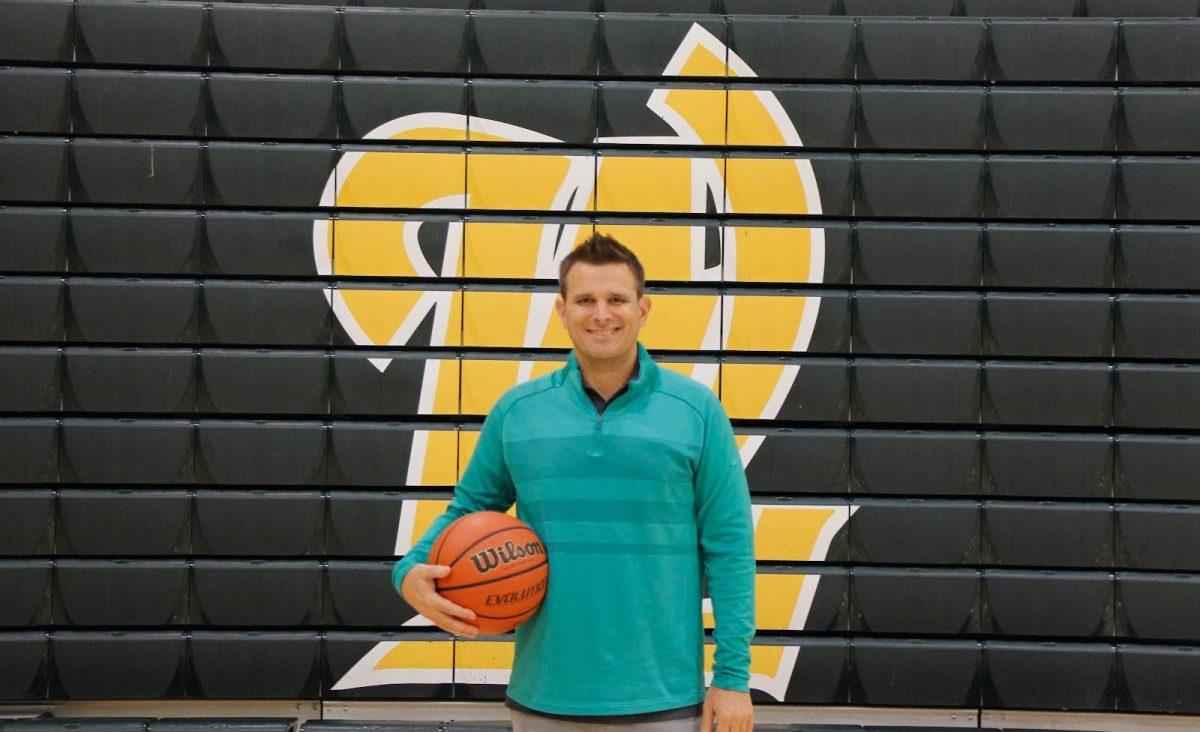







![At the bottom of the third inning, the Lions are still scoreless. Rowe stands at home plate, preparing to bat, while Vandenbrink stands off to the side as the next batter up. Despite having the bases loaded, the team was unable to score any runs. “It’s just the beginning of the season. We’re just going to be playing out best by June, [and] that’s where champions are,” Rowe said.](https://wlhsnow.com/wp-content/uploads/2024/03/IMG_3077-1200x900.jpg)







































![All smiles. The group poses for a photo with last year’s book, “This is Our House,” along with their award for third Best in Show. Meikle, who was an Editor-in-Chief for the yearbook last year as well, holds both and stands at the center of the group. “That was an amazing feeling, going and grabbing the third place award,” Meikle said. “All of it paid off. I cried so much over that book, being able to receive [the award] was one of the highlights of my high school career, it was like the coolest thing ever.”](https://wlhsnow.com/wp-content/uploads/2024/11/8bookpose_philly-1200x800.jpg)














